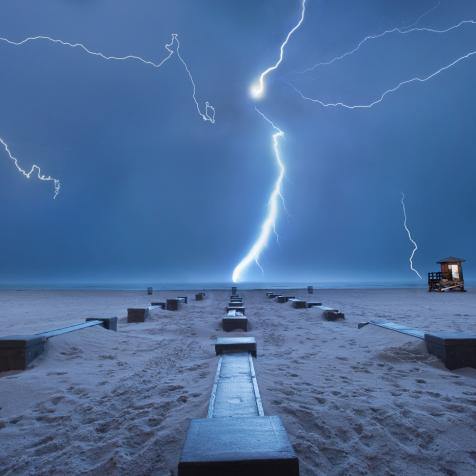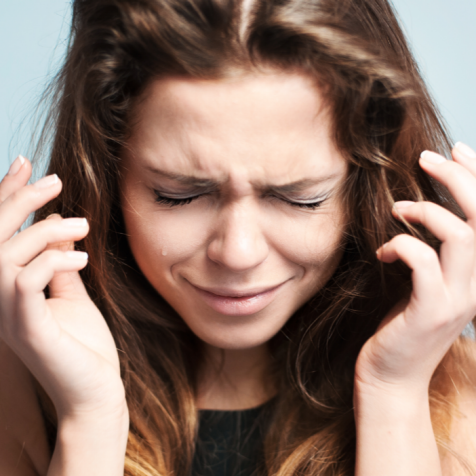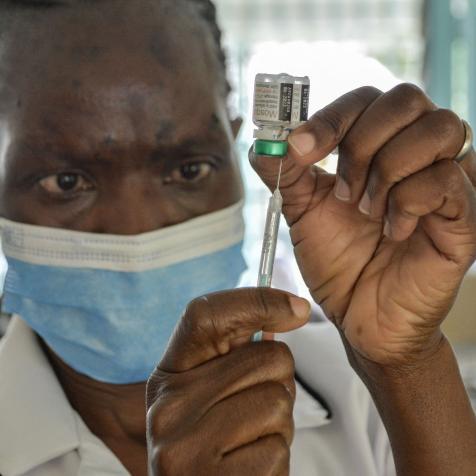
When It Comes to Sunscreen, the SPF Isn't as Crucial as You Think
Buying sunscreen can be a daunting process. Should you get SPF 15 or SPF 70? Spray or lotion? Broad-spectrum, or the fun one that changes colors when it dries? Here's one way to save your skin and save your money: know that SPF doesn't make as big of a difference as you think it does. What does matter is how you use it.

Shutterstock
Just a Number
SPF stands for sun protection factor, and it's a measure of protection against UV rays — specifically, UVB radiation. When it comes to sunscreen, you'd think a higher SPF would protect against more UV rays than a lower one. It does, but not by much. SPF 15 sunscreen blocks 93 percent of UVB radiation. Double that number to SPF 30, and you raise your protection to 97 percent. SPF 50 raises it to a negligible 98 percent.
"As you get higher and higher, it's not really a practical difference," American Academy of Dermatology president Dr. David M. Pariser told the New York Times. Here's why: Companies calculate SPF by comparing the time it takes a person to burn unprotected with the time it takes for them to burn wearing sunscreen. Therefore, if you burn after 20 minutes with no sunscreen, you should theoretically be able to last for 15 times longer — a whopping five hours — with SPF 15. Sounds great, right?
But sunscreen itself doesn't usually last that long. Sweat, friction, and simple quirks of product formulation can make it wear off, which is why dermatologists recommend reapplying every two hours. That means it doesn't really matter whether you get the SPF 30 or the SPF 100 since the formula will probably wear off before the difference in protection becomes important.
Even worse, products with a sky-high SPF can lull you into a false sense of security. "People who use them tend to stay out in the sun much longer," writes Stephen Q. Wang for the Skin Cancer Foundation. "They may skip reapplying. And they may think they don't need to seek shade, wear a hat or cover up with clothing. They end up getting a lot more UV damage, which, of course, defeats the purpose."
Quantity Over Quality
What is important is applying sunscreen properly. According to the American Academy of Dermatology, most people apply less than half of the recommended amount. For a full-body application, you should use an ounce of sunscreen, or roughly the volume of a shot glass. You should also plan ahead: Slather it on 15 to 30 minutes before heading outside. Remember that SPF is only a measure of protection against UVB rays. Those are the rays that cause sunburn, but it's UVA rays that cause the most skin aging. To protect against the full swath of sun damage, find a broad-spectrum formula that covers both. Finally, because it's worth repeating: Put on more sunscreen every two hours, or after swimming or sweating. Sunscreen is important, but SPF isn't a cure-all.
This article first appeared on Curiosity.com.


















